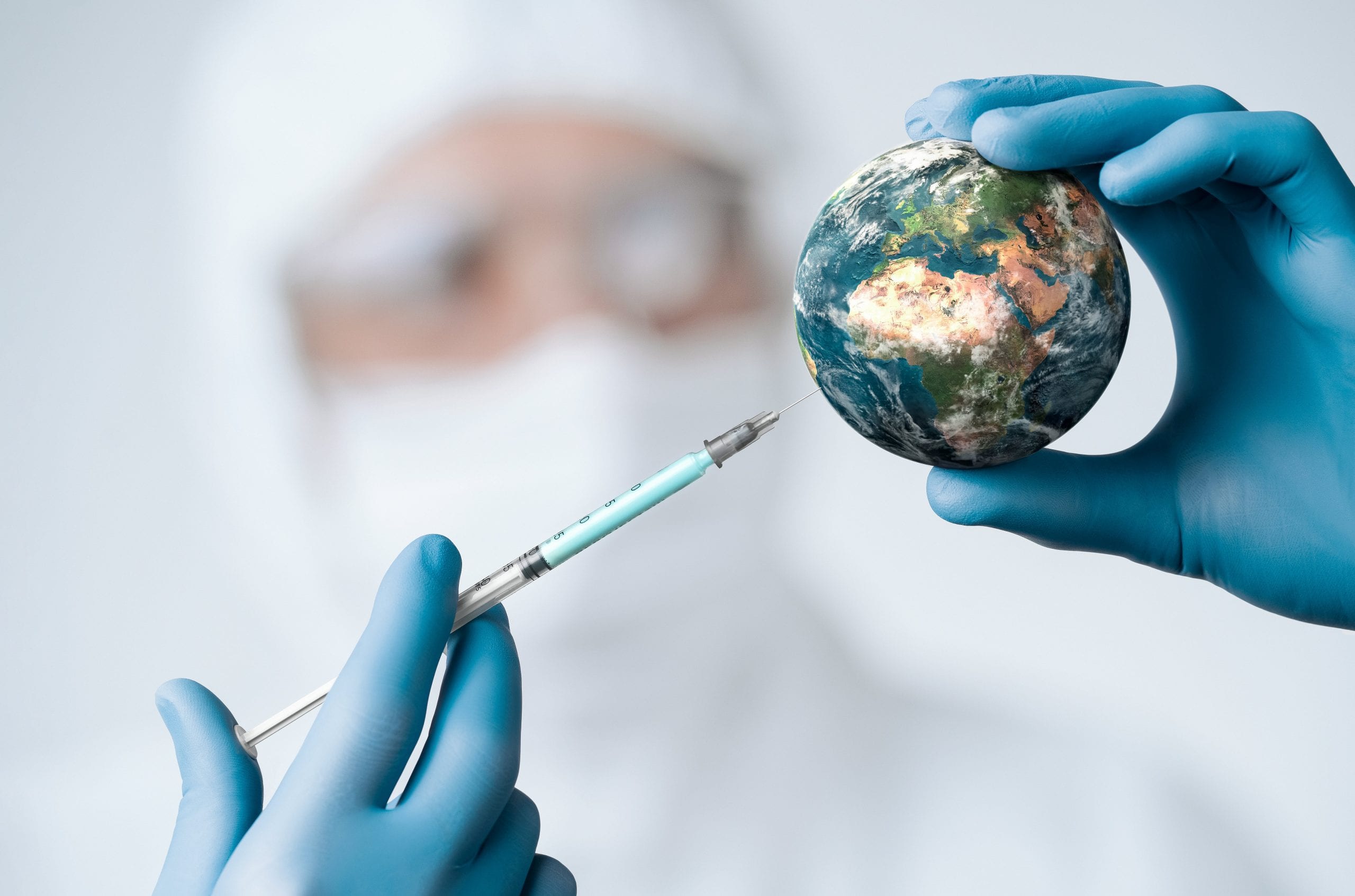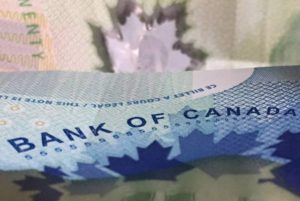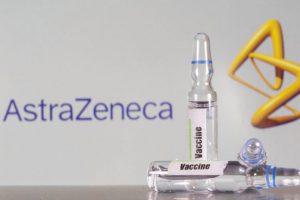The federal government has entered into two agreements to secure millions of doses of potential COVID-19 vaccines. Public Services and Procurement Minister Anita Anand says Ottawa has signed deals with the pharmaceutical giant Pfizer and biotechnology firm Moderna. Pfizer will supply its BNT162 mRNA-based vaccine candidate, while Moderna will provide its mRNA-1273 vaccine candidate.
„These vaccine candidates are very promising and we all look forward to the day when restrictions can be lifted entirely,” Anand said Wednesday during a news conference in Toronto along with Science and Industry Minister Navdeep Bains. „However, there is more work to do. Any potential vaccine candidate will take time to develop, properly test, mass manufacture and distribute.” All potential vaccines will require Health Canada regulatory approval. Anand said she expects Pfizer and Moderna to begin delivering their vaccines, if approved, sometime in 2021. Both companies began Phase 3 clinical trials of their vaccine candidates in the last week, and both use messenger RNA to try to provoke an immune response to COVID-19.
Anand wouldn’t specify exactly how many doses Canada would purchase under the deals or how much money it would spend because the government is in negotiations with international and domestic firms about purchasing additional doses of other vaccine candidates. She said the government plans to make orders with multiple companies. Last month, Public Services and Procurement Canada issued bids to supply 75 million syringes and other vaccine administration supplies like alcohol swabs and bandages, to be delivered by the end of October. The goal is to have enough supplies to give every Canadian two doses of a vaccine.
Vaccine development normally takes years, or decades, but U.S. and European experts say under an optimistic scenario, the first of those vaccines could complete testing and get approval for distribution next year. Pfizer and Moderna are part of the U.S. government’s Operation Warp Speed program to facilitate the development and production of COVID-19 vaccines quickly. Dr. Michael Gardam, an infectious disease specialist and chief of staff at Humber River Hospital in Toronto, said it’s important for countries to secure a vaccine supply now as demand heats up around the globe. Gardam said there is always the risk that a country chooses a vaccine that ends up being ineffective or harmful after testing, which would put it right to the back of the line.
The announcement comes one day after chief public health officer Dr. Theresa Tam warned that Canadians shouldn’t expect a COVID-19 vaccine to be a „silver bullet” that will bring a swift end to the coronavirus pandemic and a return to normal. „We’re going to have to manage this pandemic certainly over the next year, but certainly [we are] planning for the longer term of the next two to three years during which the vaccine may play a role but we don’t know yet,” Tam said. Anand echoed that sentiment, urging Canadians to continue to practise physical distancing, wash their hands and wear masks in public to prevent the spread of the virus while we await a vaccine.




